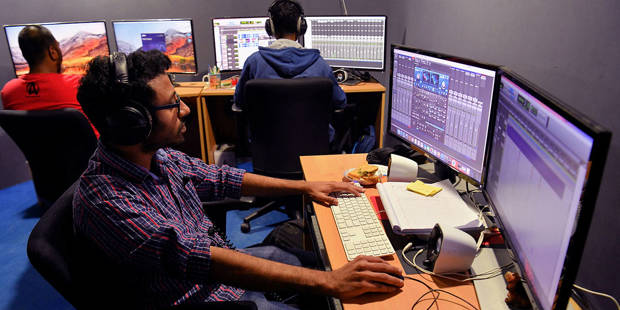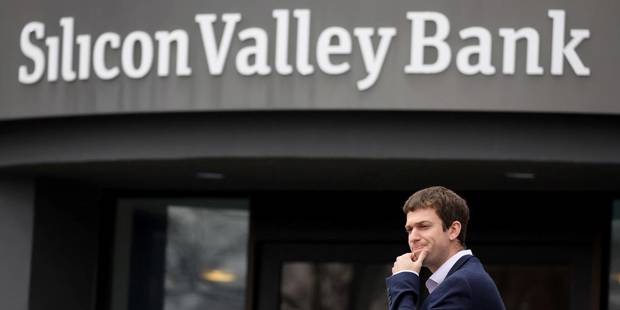Raghuram G. Rajan
Raghuram G. Rajan, a former governor of the Reserve Bank of India and chief economist of the International Monetary Fund, is Professor of Finance at the University of Chicago Booth School of Business and the co-author (with Rohit Lamba) of Breaking the Mold: India’s Untraveled Path to Prosperity (Princeton University Press, May 2024).
-
Bracing for a More Inflationary World

Bracing for a More Inflationary World
Jul 11, 2024 Raghuram G. Rajan thinks central banks will remain under pressure to maintain tighter policies over the medium term.
-
Raghuram G. Rajan and Rohit Lamba on Indian job creation, industrial policy, democracy, and more

Raghuram G. Rajan and Rohit Lamba on Indian job creation, industrial policy, democracy, and more
May 28, 2024 Raghuram G. Rajan & Rohit Lamba argue that India must place the highest priority on creating and owning intellectual property, advocate an alternative to interventionist industrial policies like subsidies, call for the decentralization of Indian governance at every level, and more.
-
The Indian Election and the Country’s Economic Future

The Indian Election and the Country’s Economic Future
May 24, 2024 Raghuram G. Rajan worries that the country will squander its massive potential by trying to emulate China's growth strategy.
-
The Danger of Forgetting the 2023 Banking Crisis

The Danger of Forgetting the 2023 Banking Crisis
Feb 8, 2024 Raghuram G. Rajan & Viral V. Acharya worry that smaller banks’ troubles remain unresolved, and that the episode perpetuated moral hazard.
-
Raghuram G. Rajan on inflation, financial risks, interest rates, and more

Raghuram G. Rajan on inflation, financial risks, interest rates, and more
Jan 9, 2024 Raghuram G. Rajan says when the US Federal Reserve might start cutting rates, considers how to mitigate monetary-policy spillovers, proposes measures to boost financial stability, and more.









